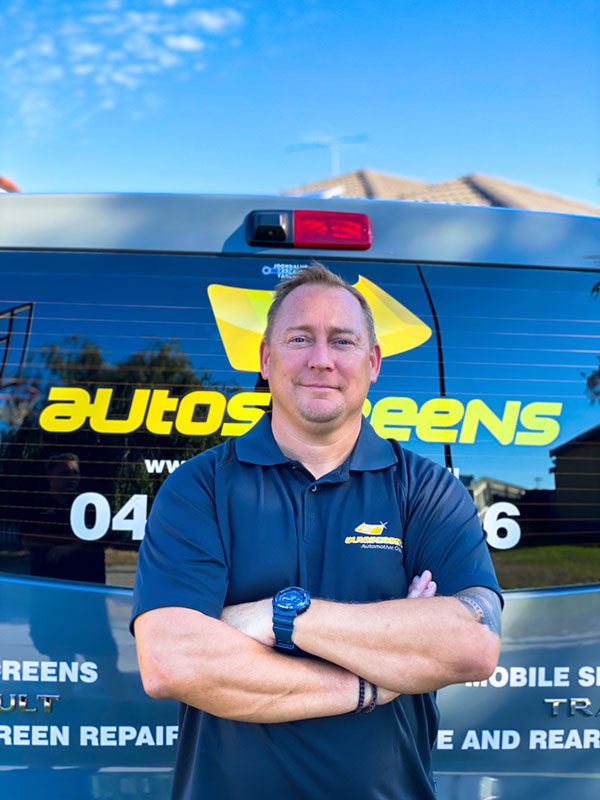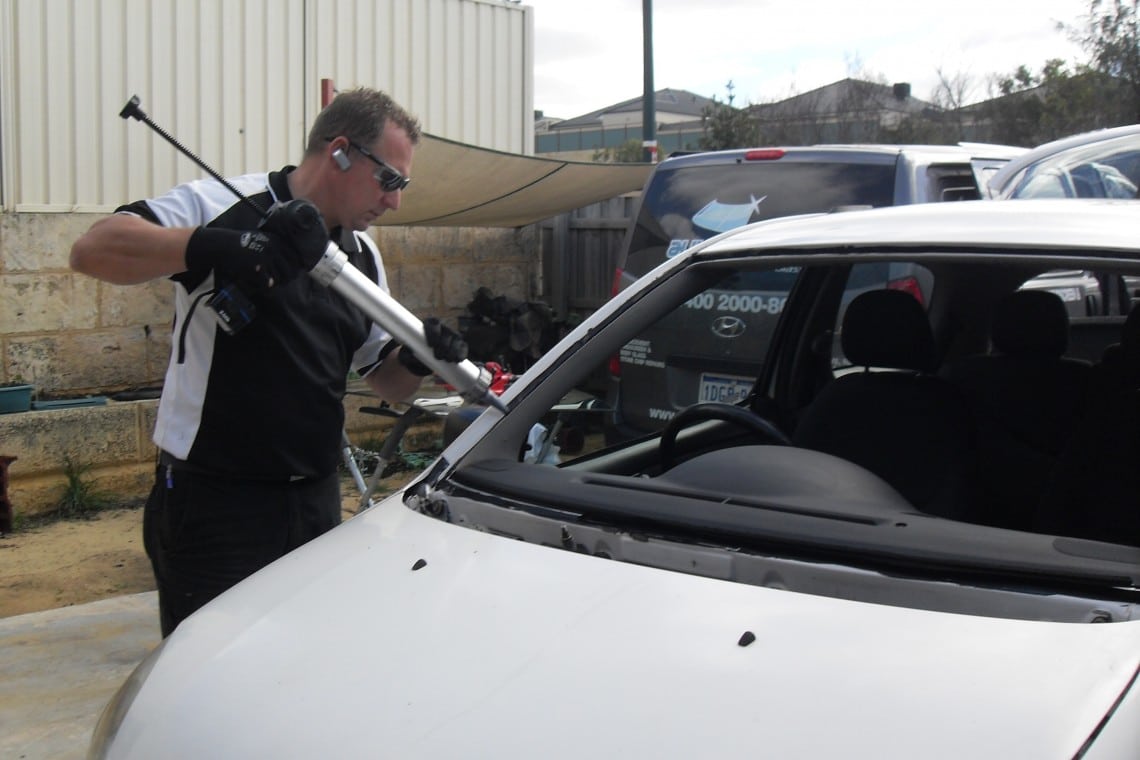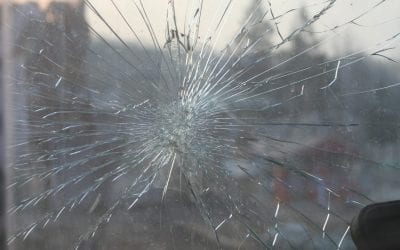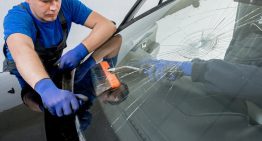Getting your windscreen replaced hasn’t always been this easy.
Car designs and automotive technology have changed enormously over the past few decades – including the installation methods of windscreen glass. Windscreen construction has also come a long way in recent years and the introduction of things like built-in rain sensing technology has impacted on the way that windscreen replacements are carried out.
This article gives a brief snapshot of the three main windscreen installation methods which have been used in Australia since the seventies.
1970s : butyl seal kit method
This method involved first applying a long ribbon of butyl (synthetic rubber) mastic around the inner edge of the primed glass on both the rear and front windscreens and then applying butyl primer to the body of the vehicle. The seal kit on the glass was then gently manoeuvred into place, sealing the glass.
The mastic seals often had a thin copper wire running through them and when an electrical current was applied to this, it would heat up and soften the butyl. This created a stronger seal.
This method was fairly quick and easy to do and saved time on the production line, but it had its drawbacks. The glass wasn’t structurally bonded to the vehicle but was merely sealed, which meant that the windscreen sometimes ‘sank’ back over time, particularly in the hot Australian summers which may have caused leaks and breakages.
Late 1970s – 1980s : Rubber gasket seal type installations
The rubber gasket seal method was used for the installation of both the front and back windshields. The glass/gasket assembly was activated by pulling a nylon cord from inside the car which sealed the inner lip of the seal around the inside edge of the car’s body. A sealant was then applied to the edges to weatherproof the installation.
The method itself was simple but as with the butyl seal kit method, the glass wasn’t structurally bonded to the vehicle but was merely sealed. The process could also be messy and time-consuming.
Late 1980s onwards : Urethane-bonded type installations
Urethane-bonded installations arose out of a desire to make car bodies lighter, stronger and safer. Manufacturers realised that both the front and rear windscreens could play an important role in maintaining the structural integrity and enhancing the overall safety of the car, hence the development of urethane bonded type installations which are used in all modern vehicles.
The method was faster and less labour-intensive than other techniques, but importantly, it meant that the windscreen was structurally bonded to the body of the vehicle. Historically, the old fashioned sealants simply gave way in the event of an impact or pressure, so this new development was a massive leap forward in terms of enhanced strength and safety because the glued-in windshields could now contribute to the vehicle’s rigidity.
The new developments also meant that windscreen replacements needed to be done by trained professionals because the process involved the handling of chemicals such as urethane primers and adhesives and of course, large panels of glass. Professionals have the appropriate skills and expertise to ensure that workplace health and safety procedures are followed, that the right windscreen design is matched to the particular design of a vehicle and that the glass is correctly installed for optimum strength and safety.
It’s imperative to have the right tools, methods and training to ensure a safe, reliable and secure windscreen replacement, so if you’re in Perth and your vehicle’s windscreen needs attention, you should head straight for Autoscreens. They have a reputation for fast, efficient and friendly service and they guarantee all their products and their workmanship.
For reliable, convenient and economical windscreen replacements in Perth, call their 24 hour hotline, 0400 200 086 or visit Autoscreens.

Jason Squire has been in the automotive industry in the UK and Australia for over 25 years and started his own windscreen repair and replacement business, Autoscreens, in 2010.
Jason’s extensive professional qualifications and his broad industry experience paired with his military background means he brings an extraordinary level of skill, expertise and meticulous attention to detail to every aspect of his business.
Prior to starting Autoscreens, Jason worked for several leading international windscreen companies as well as spending a number of years in the armed forces. He has accumulated numerous professional qualifications, industry accolades and leadership awards, and is a highly respected volunteer in his local community.
Under his expert stewardship, Autoscreens has grown into one of the leading windscreen companies in Perth. Despite its success, he has ensured that the family-owned and managed company remains true to its founding values of integrity, quality and unsurpassed customer service.
To stay up to date with what is happening at Autoscreens, follow them on Facebook or Instagram.



